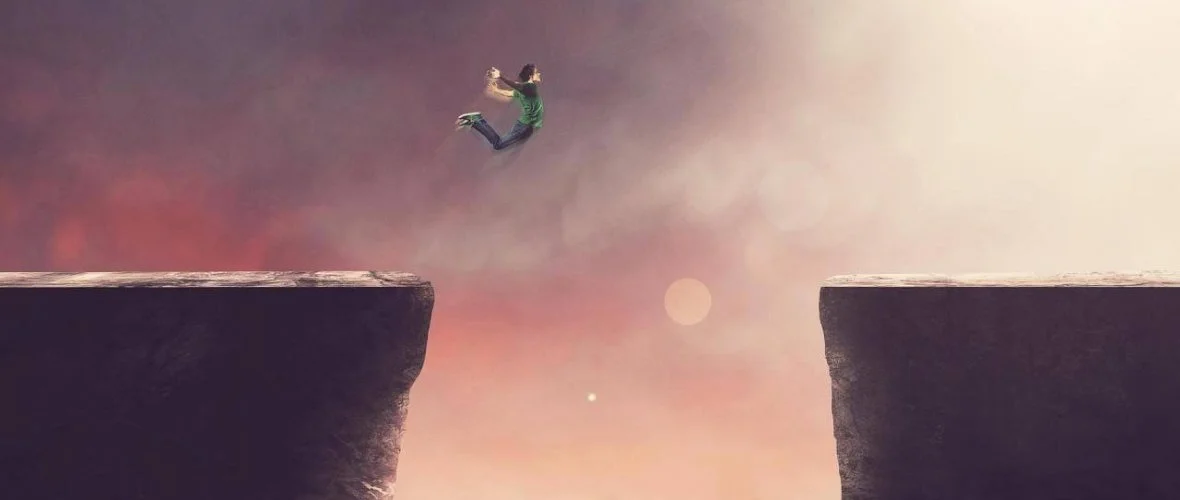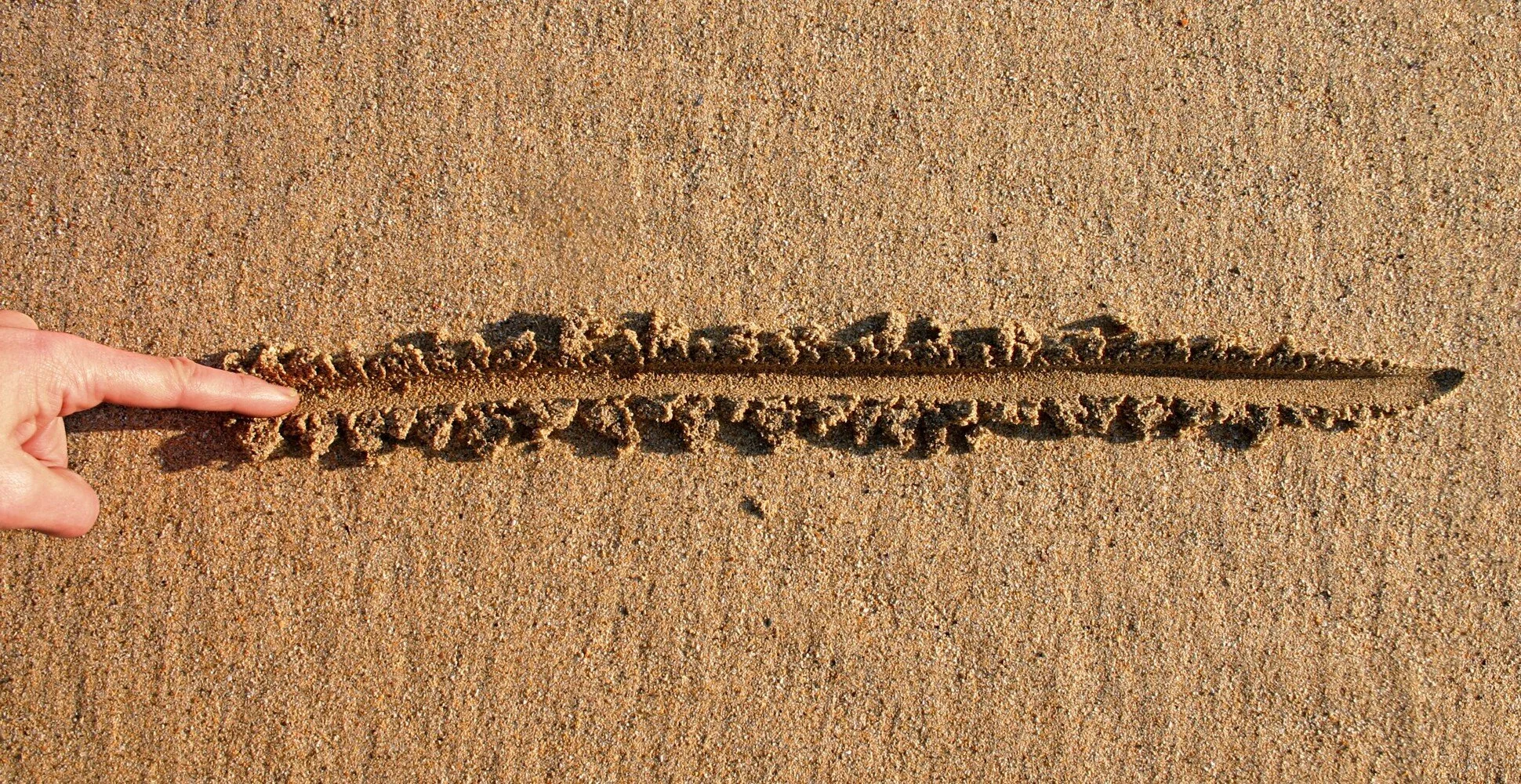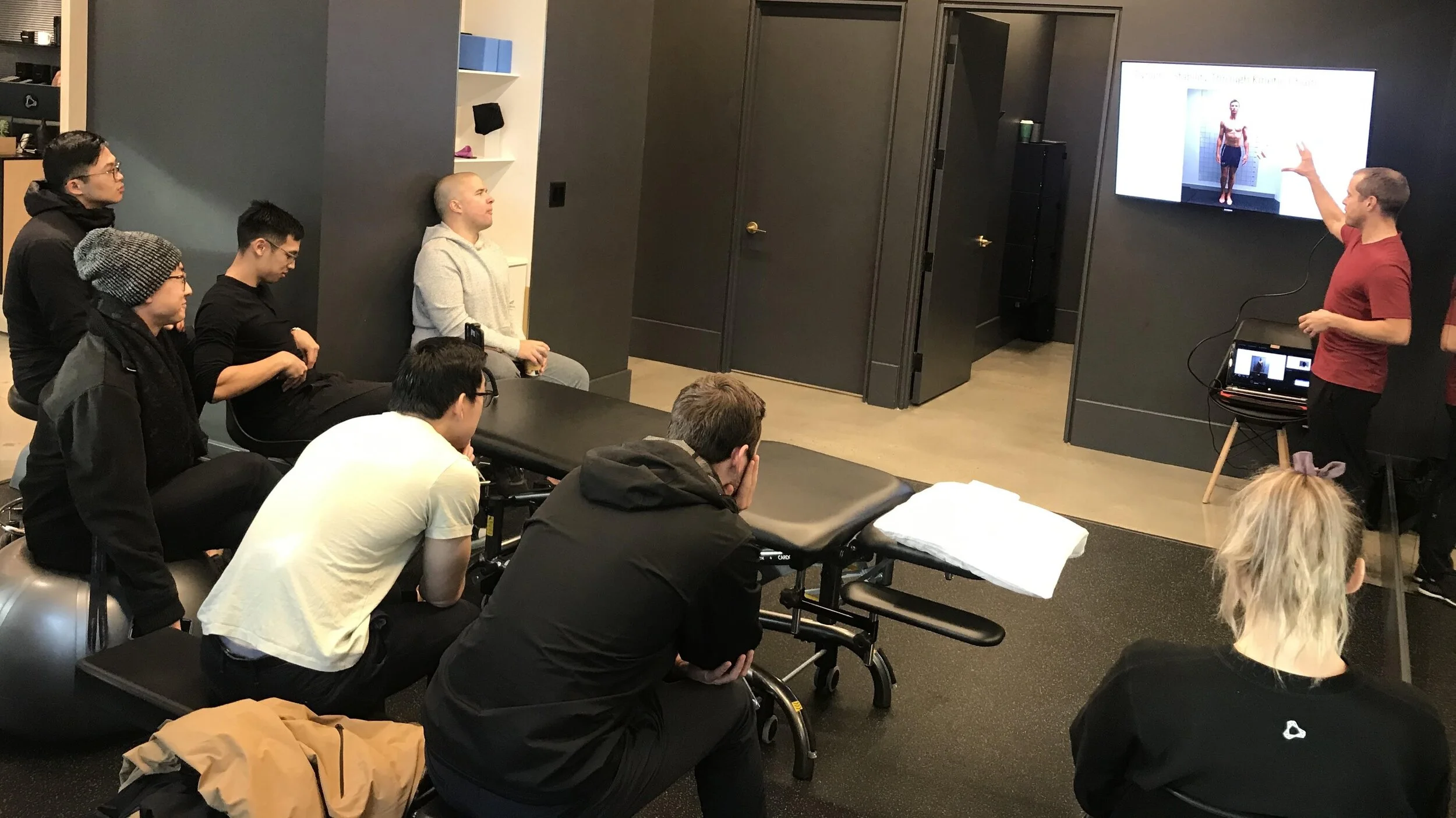The initiative and intrinsic motivation to train solo successfully for extended periods are rare and vital qualities for any aspiring performer. Over recent months the lack of direct coaching supervision, restricted access to training facilities and absence of training partners posed huge challenges for athletes at all levels, testing not only their will but also their ability to find a way. Regular readers will recognise that these are not new themes - as noted before the biggest test of a coach is what happens when we’re not present. With the unprecedented events of 2020 all of this very much came to the fore. The critical role of agency and the need to ensure that athletes are capable of functioning independently are arguably among the biggest lessons that coaches, practitioners and indeed the athletes themselves can take from this tumultuous period.
Tackling Innovation in Elite Sport
An outsider’s view of elite and professional sport tends to assume that these environment are constantly engaged in ‘pushing the envelope’ in the relentless pursuit of better. The situation in reality tends to be quite different. Conventions and the pressure to conform to what others are doing have a powerful pull. Paradoxically the resistance to exploration and barriers to innovation are often more pronounced the highest level. Especially within professional sport those involved are acutely aware that their position is highly prized and job security at a premium. These conditions are naturally not conducive to taking risks or moving beyond the tried and tested. All of this helps to explain the abundant examples demonstrating that opportunities remain to gain significant competitive advantages and even some easy wins
Honing Professional Judgement and Decision-Making
Coaching is characterised as a judgement and decision making process. Practitioners and indeed most professionals who work in human performance are de facto coaches of humans. As such, the quest that unites coaches in different sports and practitioners across disciplines is to develop our professional judgement and our ability to make better choices and decisions over time. There is no endpoint to this journey and so the need to continually hone our judgement and decision making applies irrespective of what stage we are might be at in our career. That said, the question of how we best develop these skills for practitioners at the start of their career versus catering for these aspects in continuing professional development thereafter will likely require different solutions.
Beyond the Bubble: The Utility of a Neutral Third Party
One of the problems with our natural preference for those who think as we do is the tendency to find ourselves in an echo chamber. Leaders can of course combat this by recruiting for cognitive diversity, but even within a diverse group our thinking inevitably tends to become socialised as a natural consequence of spending time in the company of the same group of people. Our colleagues will also to some degree share the same biases and are subject to the conventions that are inherent to the sport. Professional sport in particular is a bubble - at present quite literally, but even under usual circumstances. It follows that it is important that we escape the bubble periodically. A related countermeasure is to strategically enlist a neutral third party to break up the usual routine and expose team members to perspectives from outside the bubble at regular intervals. Engaging with an outsider can serve a performance staff in a number of different ways as we will explore.
Where Do We Draw the Line in Elite Sport?
Recent scandals, including multiple allegations and criminal cases of serious abuse, have rocked sport around the world. Arguably the most egregious example is the case of USA gymnastics, which should serve as a cautionary tale for everybody involved in sport at all levels. Against this backdrop, there has been something of an avalanche of allegations of bullying and improper conduct that are presently playing out in the public sphere. In turn, this has prompted calls for national sporting bodies to be less obsessively driven by winning medals. The perils of the ‘winning at all costs’ mentality have been cited as the reason behind the toxic environments and climate of fear that has been alleged in multiple sports, notably in the investigations that are presently ongoing within the UK. But of course winning on the world stage does come at a cost, both financial and personal. So where should we draw the line?
Continuing Our Education
As many practitioners will testify, it is after we have completed our formal education, professional training and certification that the real learning begins. The day to day experience of solving problems with live humans is when we discover the limits of our knowledge. It is also here that we find out that the reality is quite different to what is taught in class and the version that appears in (most) textbooks. Individuals, organisations and certifying bodies alike recognise this need to continue our learning once we are working in our respective field. The terms continuing education, continuing professional development and variations thereof will be familiar to most practitioners across disciplines (sadly it is not so well established in the coaching profession). What is less clear is how we might best tackle this ongoing quest and make good choices from the growing array of options with regards to content and the modes of delivery that are available to us.










